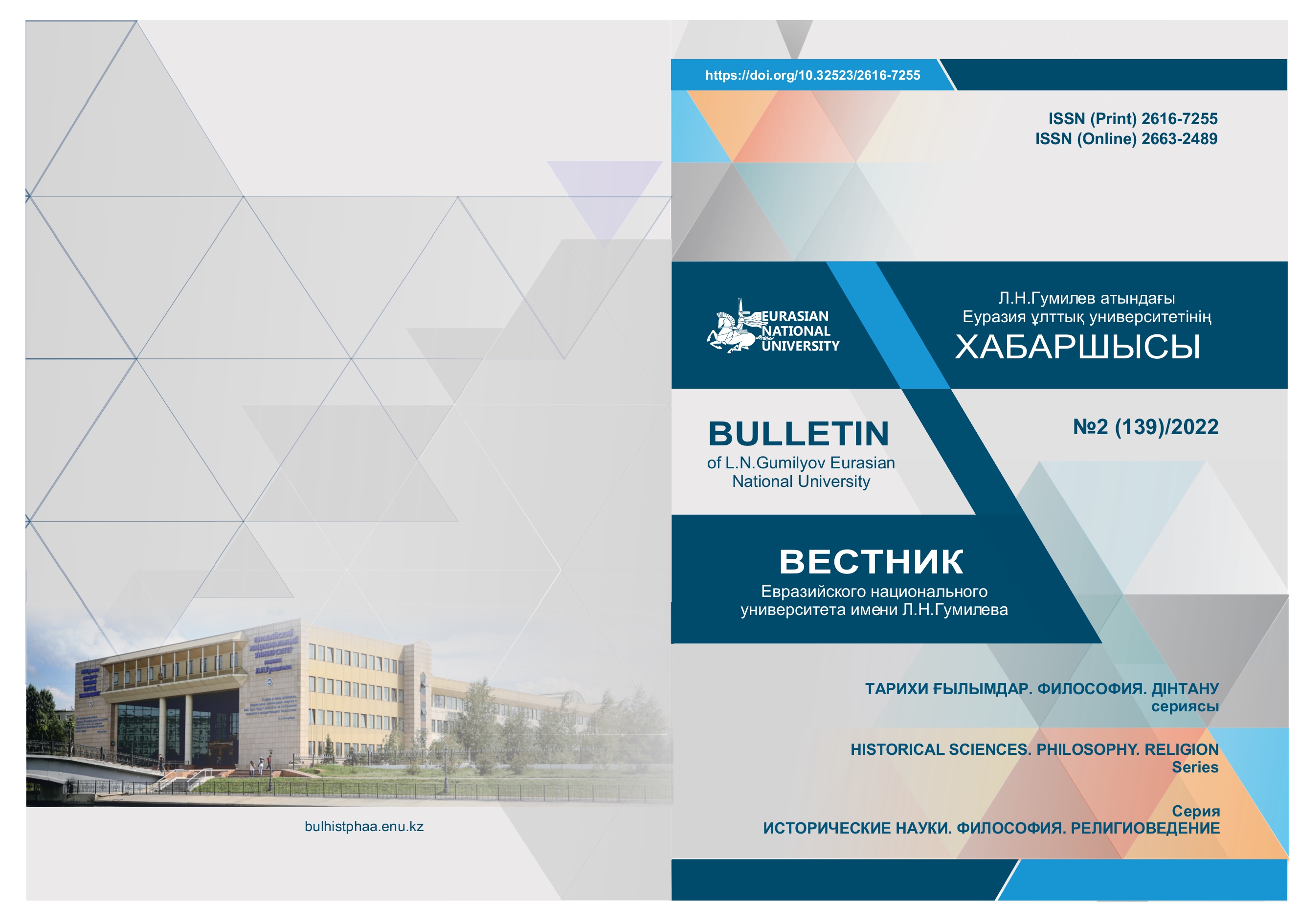“Generation Me – Generation We”: Paradoxes of Prefigurative Culture in the Post-Soviet Space
Views: 244 / PDF downloads: 584
DOI:
https://doi.org/10.32523/2616-7255-2022-139-2-168-188Keywords:
prefigurative culture; historical discourse; theory of generations; interdisciplinary research; digital culture; digital generation.Abstract
The article analyzes the term "paradoxes of prefigurative culture" in the context of the historical theory of Strauss-Howe generations due to the period of improvement of digital information technology. The main tenet of this study is that innovative technologies change the nature of man and his social connections in society and that they are firmly embedded in social communications, professional activities, the way of life of young people, education, science, and other fields. The paradoxes of prefigurative culture suggest the existence of an imminent conflict. On the one hand, this conflict with fundamental concepts and categories is used to characterize the human being in all his/her manifestations, and, on the other hand, with new cyberculture to create a new person. The slogan “Generation Me - Generation We” implies two models of behavior peculiar to the post-Soviet generation Y-Z. The study uses the data obtained from sociological surveys in Kazakhstan, Kyrgyzstan, Azerbaijan, Tajikistan, and the Russian Federation to identify such paradoxical situations in which they encounter "old" and "new" ideas about the essence of man, his place in the world, and his relationship with the world. The purpose of the research is to explore the paradoxes of prefigurative culture in the present tense, in the mode of the new digital reality.
Downloads

Downloads
Published
Issue
Section
License
Copyright (c) 2022 Laura W. Turarbekova, Almagul M. Kanagatova, Dinara R. Saparova, Saniya Zh. Edelbay

This work is licensed under a Creative Commons Attribution-NonCommercial 4.0 International License.







